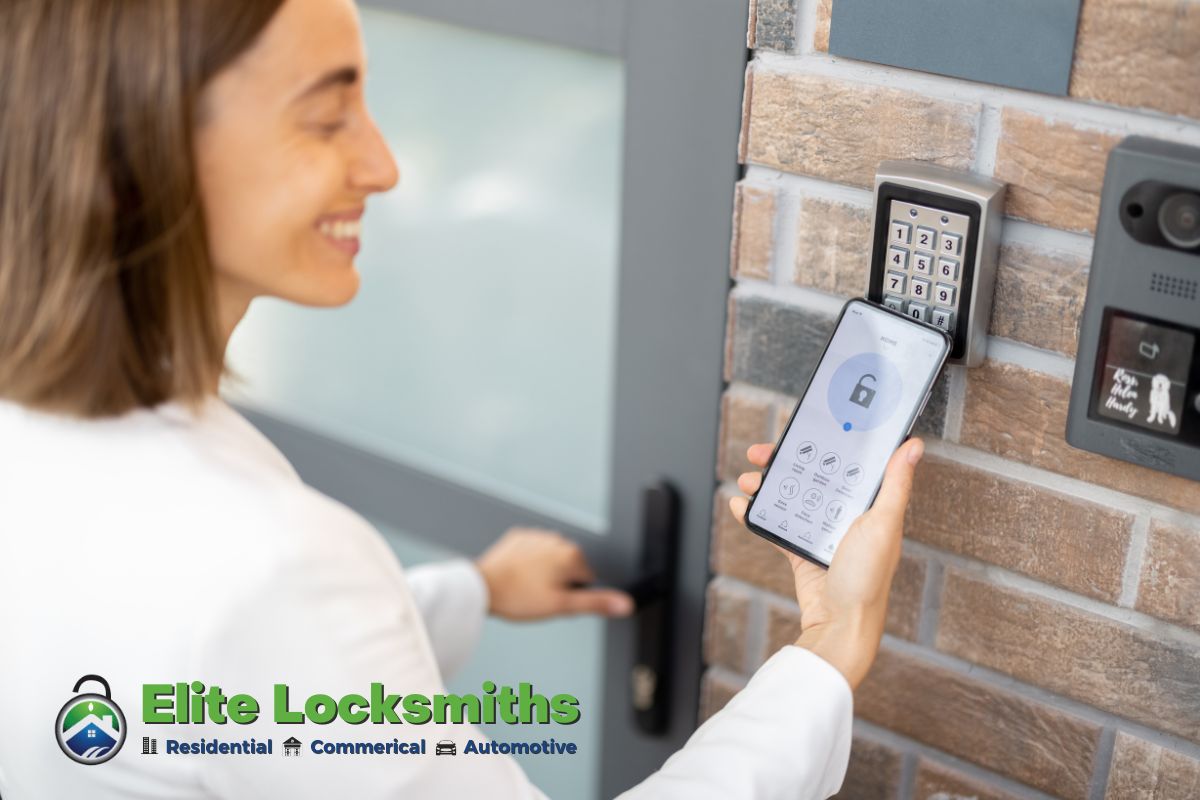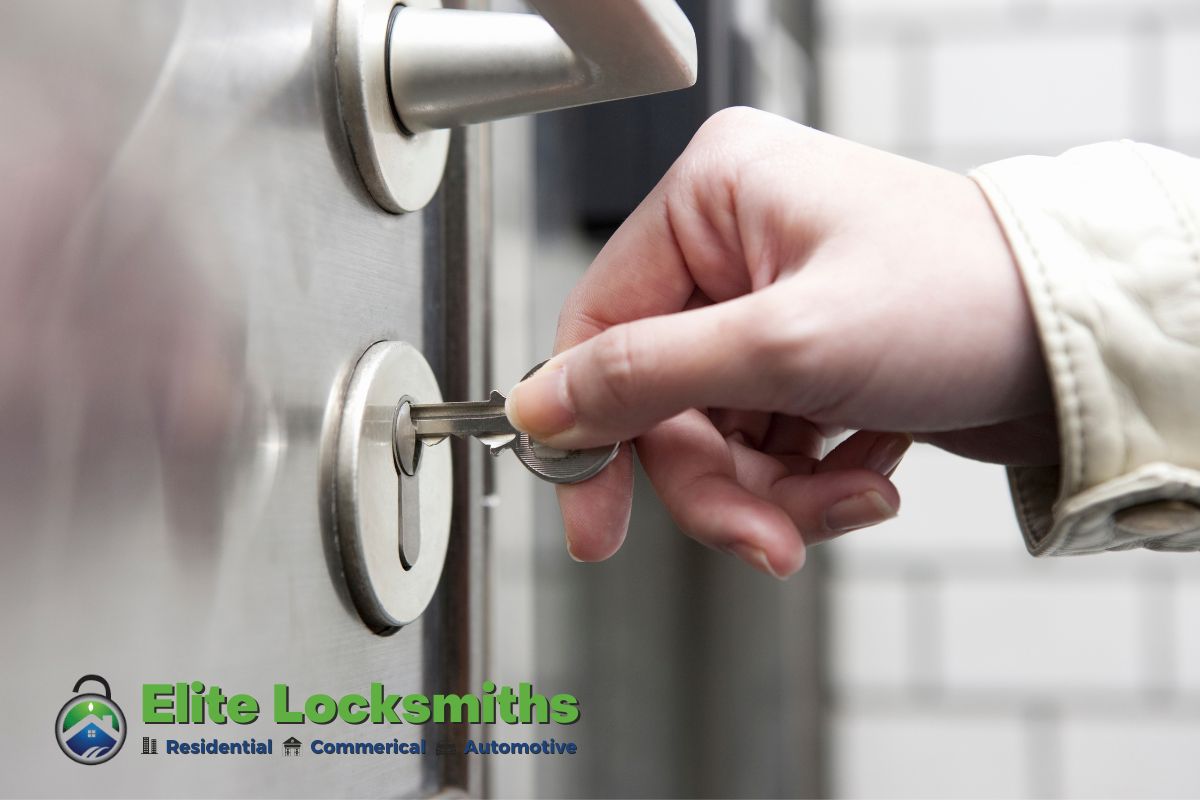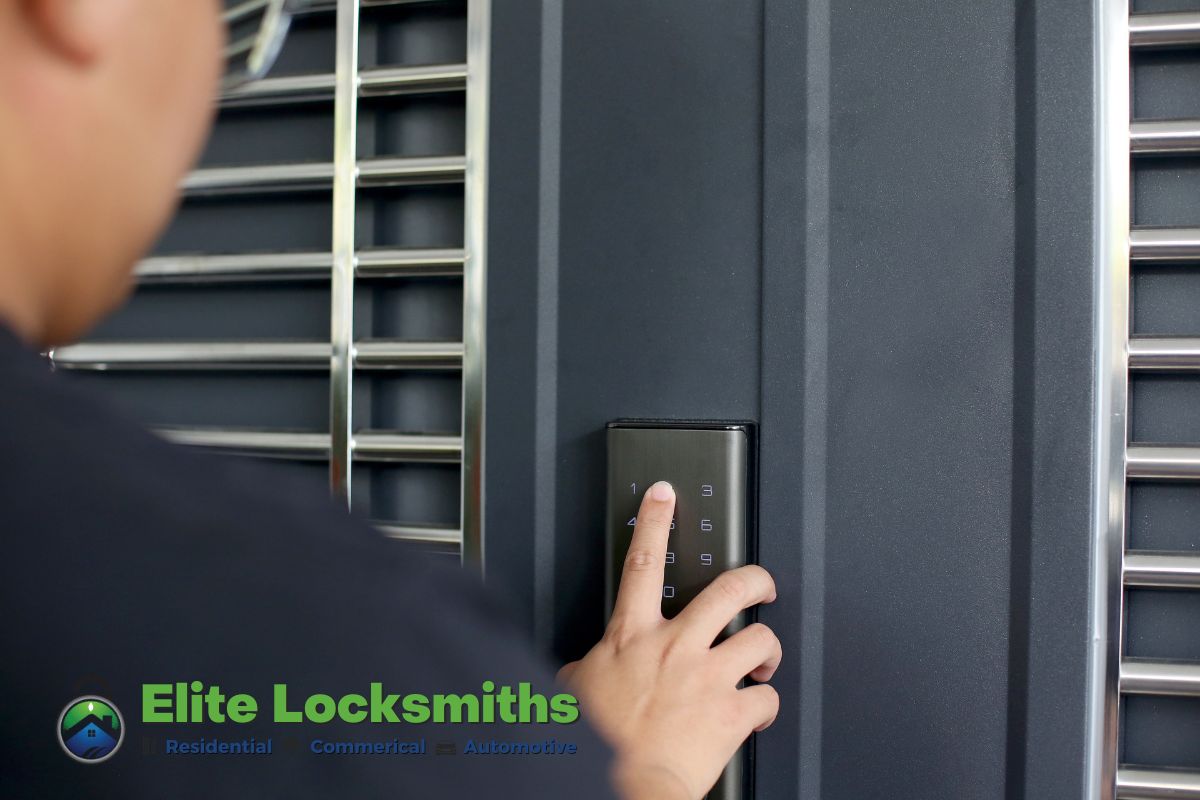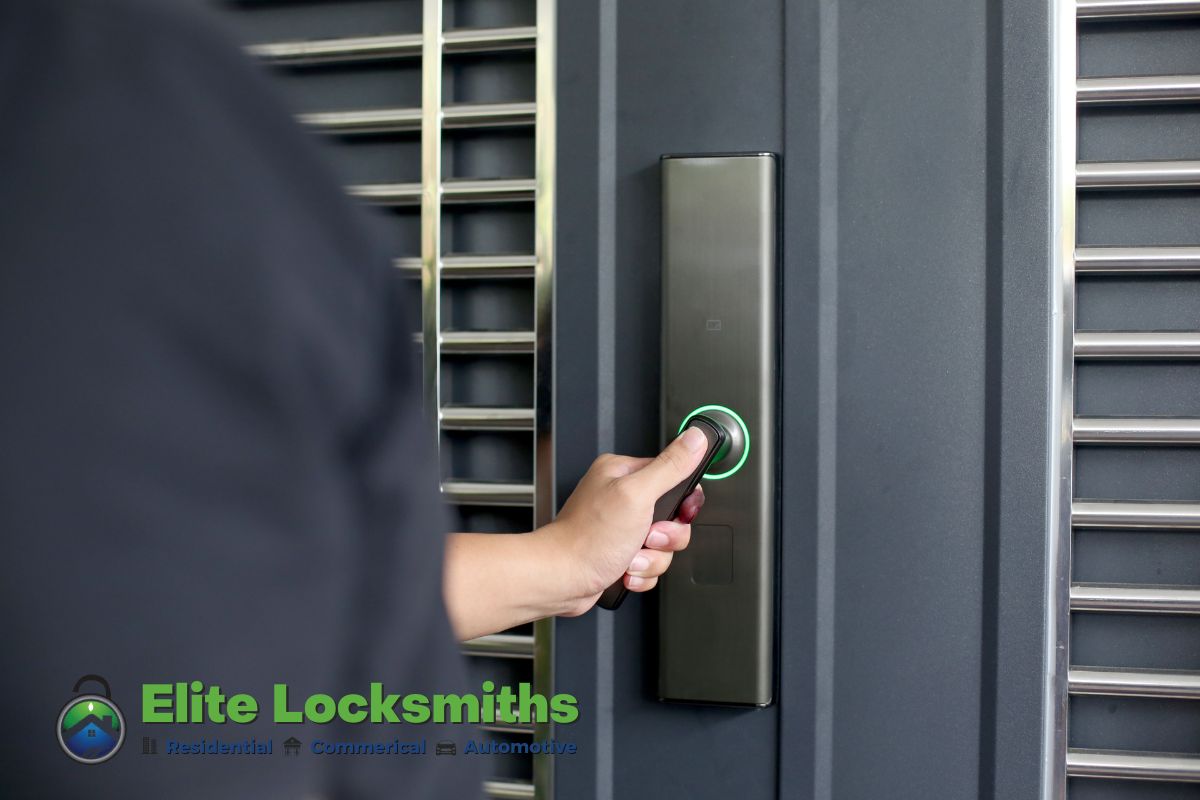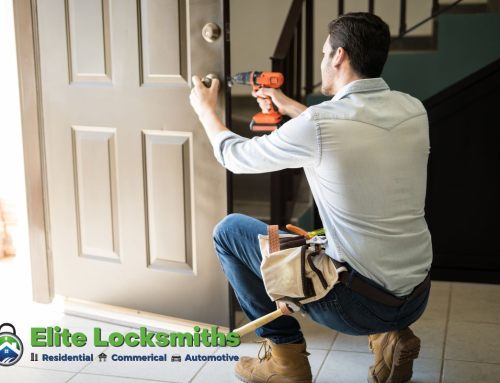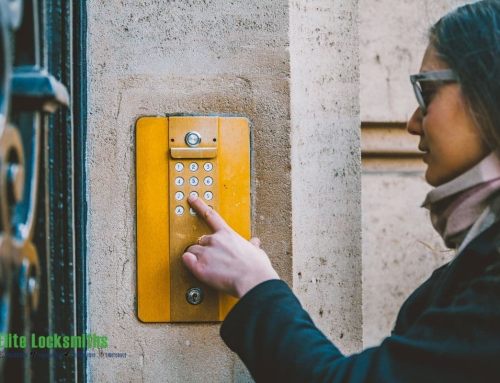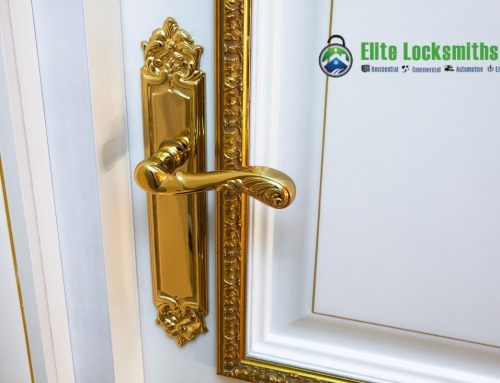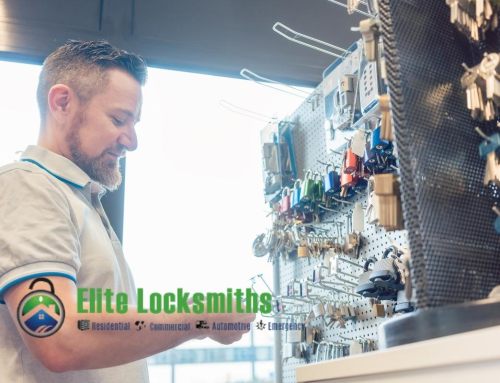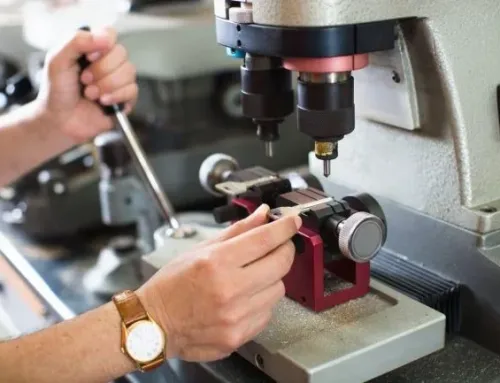One of the best methods to keep your house safe is to install a reliable door lock, and with the introduction of smart locks, there has been much discussion on whether they are safe and more secure than traditional locks. We will compare smart locks with traditional ones to find the most secure ones.
Traditional Locks
When we speak to “traditional” locks, we mean locks like the Euro Lock, Mortice, Yale type (Night Latch), and so on that you find on almost every door. Most people have at least one classic lock on their house doors.
Smart Locks
Locks that can be controlled by a phone or other device, such as a fob, are referred to as “smart” locks. Instead of requiring a physical key to open the door, these locks connect to your home’s Wi-Fi or Bluetooth network.
Comparison
-
Security For Door Locks
This is the big hitter. Which one of these locks is the safest?
- Smart Locks have one major problem: everything linked to the internet is open to hacking. Because of this, if you install one, someone may hack your home’s smart lock. All smart locks have a fundamental fault in this regard.
- With Traditional Locks, it isn’t easy to present a comprehensive picture of security since each one is unique, and various criteria must be considered. However, since they are easy to pick, we’ll limit our study to conventional door locks like a Euro or a Mortice Lock.
- Smart locks are vulnerable to break-ins, while traditional door locks are as or even more so. A skilled thief may easily break into your home by snatching a Euro Lock. Anti-snapping locks may be purchased. However, they are still susceptible to ‘picking.’ Mortice locks are an excellent example. You may get anti-snap and Anti-pick High-security Locks.
It would help to consider whether an intruder is more likely to pick your lock or hack it when deciding on the best security lock for your property. It is unlikely that an invader would have pre-planned to hack into your smart door lock since statistics demonstrate that burglary is an opportunity crime. It’s possible that your house might be left unprotected if your Smart Lock’s Bluetooth or Wi-Fi connection fails, as we have previously noted.
Choosing the best security lock for your house is hotly debated. Each has its own set of benefits and drawbacks. As a result, comparing their levels of security may not help you make a decision. Other things may influence your decision.
-
Convenience
Smart locks have a clear advantage in this area. It’s lovely to be able to welcome someone inside your house from afar. In particular, if you have children prone to losing their keys while at school. Most people these days have their phones with them at all times, so this is an excellent approach to avoid being locked out.
Traditional locks necessitate that you trust your guests with a key or place one under the doormat if you want them to have access to your property while you are away (which we strongly advise against).
The open invitation to any burglar who discovers it and the faith that someone will not lose the key are security considerations that need to be considered. This implies that anybody with access to the key will have to physically come to your location to allow you in if you lose or lock yourself out of your house.
-
Adaptability & Control
The market for smart locks is expanding at a rapid pace, and new products are being produced on a regular basis. Smart Locks are the best in the business when it comes to adaptability. Standard keys will operate most of the time, even when the gadget is controlled by a phone or other smart device.
Some Smart Locks can also link to other smart devices, enhancing their adaptability. To keep an eye on who’s been in and out of your door while you’re gone, you may use a key tag, keypad, or smartphone. It’s hard to think of a lock that isn’t adaptable. Many brands are available, but the principles of operation are frequently the same regardless of which one you choose.
Using standard locks, you can keep track of who has a key and install high-security locks, but this won’t keep your keys safe from theft.
Bottom Line
In order to keep your house safe, you have a wide range of alternatives at your disposal. A rising number of consumers are turning to Internet-connected devices such as smart appliances, TVs, watches, and even smart locks. Convenience is great, but is a smart lock as safe as you’d want it to be? Check out our post to learn more.

